NZIFF 2025 Craccum Coverage | The New Year That Never Came
Realpolitik political cinema.
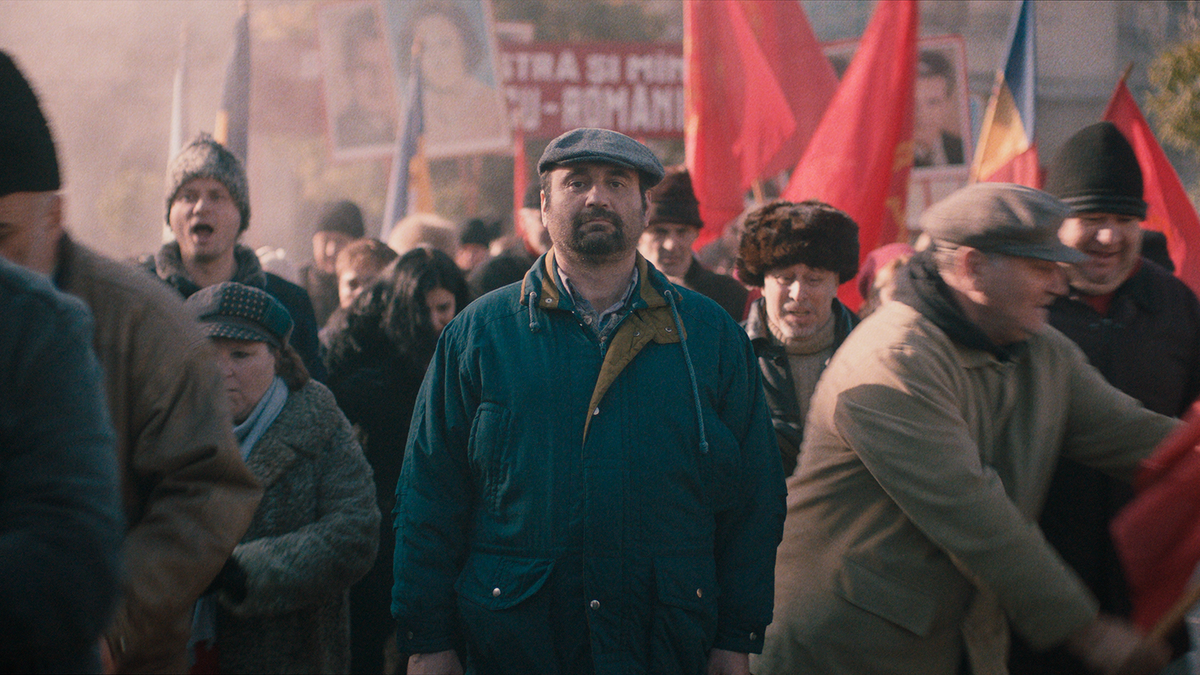
To keep it brief for the sake of my sanity and to abstain from committing myself to another thousand-word tirade (this piece is barely under 1000) on a film that does not deserve any more reflection than it warrants once you step out of the theatre and the day-to-day grind retakes the real estate inside your conscience shoving this film deep down into the abyss of your memory, The New Year That Never Came is smug borefest that misconstrues fatalism as 'truth', hindsight as 'politically neutral', and revolutionary progress merely a reactionary temperament. Bogdan Mureșanu's interview for Variety exemplifies the justified contempt one should hold for the motivations of his entire undertaking of this film's existence.
"I wanted this film to feel like a symphony and to give a proper overview of the society at that time. I knew the beginning and I knew the end. In the middle, I just decided to play," [Mureșanu] says.
"Why? Because it's hard. I thought: 'If I am already supposed to 'waste' all this time making a film, why not do something intriguing'?"
(…)
"Personally, I think communism was always doomed to failure. When you try to reach a utopia, you end up with a dystopia instead. Many of these stories are inspired by real-life events and most of them actually happened."
Fatalism becomes 'truth', and it's a truth Mureșanu does not feel he needs to interrogate, else he risks a career as an arthouse European filmmaker. Equating the revolution as some deus ex machina of divine intervention is distasteful at best, cinematically regressive at worst—regressive because this film has never gotten past D.W. Griffith and his notoriety for ending his films with such provocatively 'return to status quo' scenarios. The revolution in this film becomes the inexplicable consequence of some uncontrollable shift in the equilibrium 'towards progress' that has nothing to do with the masses' harnessing of destiny than it does the presage to the next equilibrium shift back into the opposite direction of (capitalist) authoritarianism. Sadly, the detached and spiteful irony of Griffith is lost on The New Year That Never Came; the only irony that remains is Mureșanu believing that the global turn to neoliberalism becomes the only certainty of the human condition, the same neoliberal conditions that produce smart-aleck filmmakers like him who think producing movies like this is provocative, counter-cultural, as above the sanctions of international film distributors. Self-awareness is nonexistent.
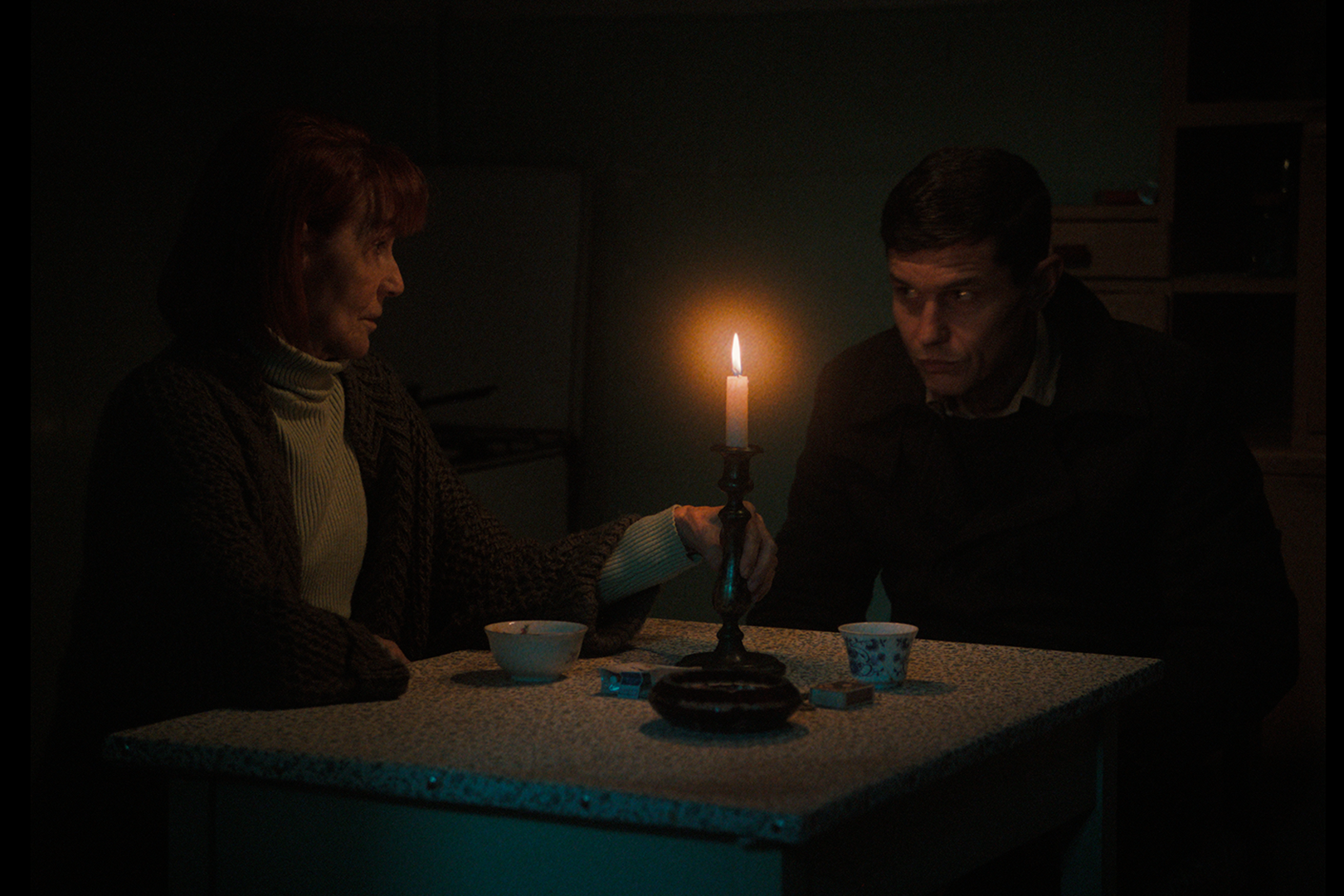
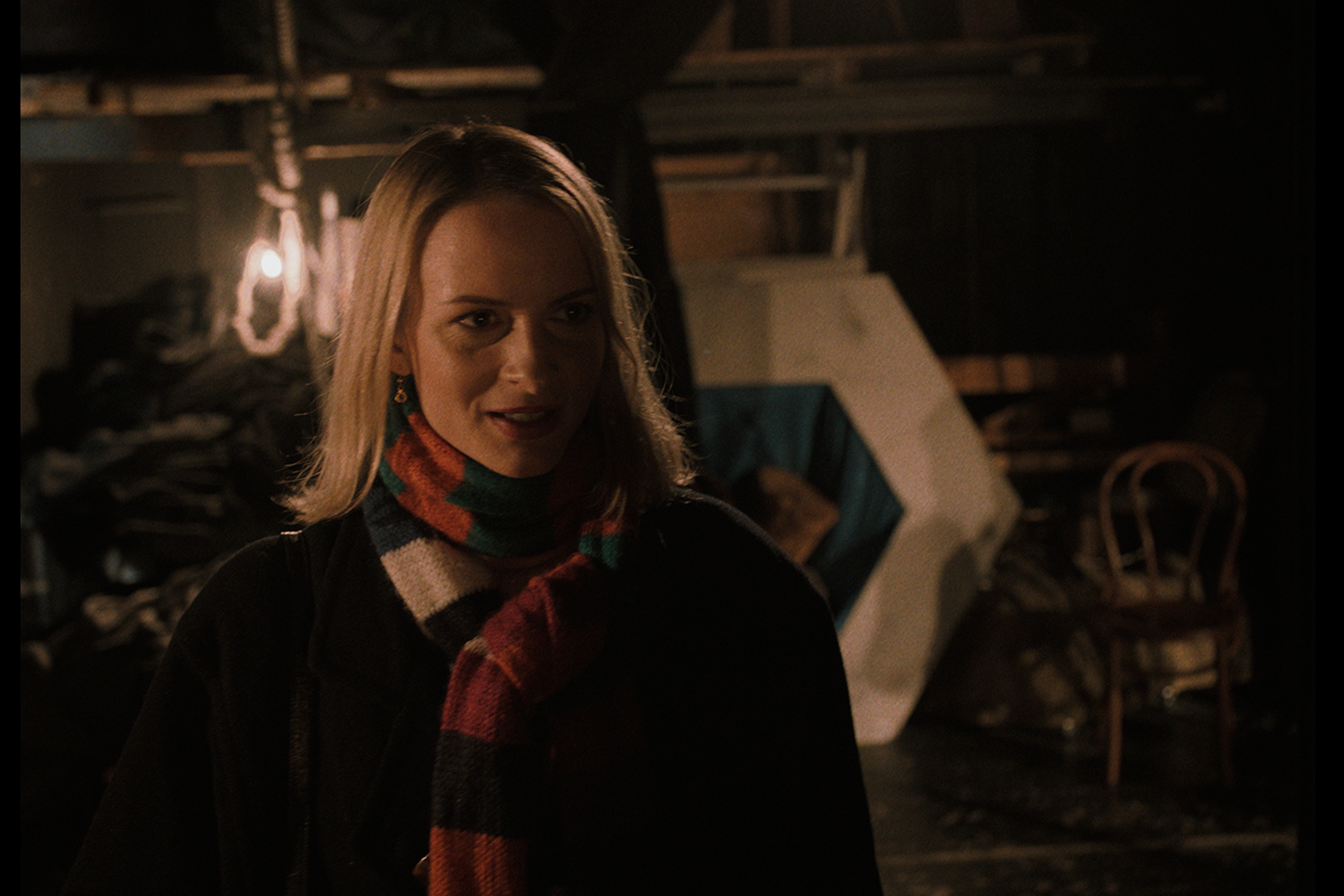
Images courtesy of Kinotopia.
I implore everyone to see Harun Farocki's Videograms of a Revolution (1992) to understand the high bar I am comparing The New Year That Never Came against on how to cinematically portray the political milieu of Romania's 1989 revolution with a moral backbone than the dick-twiddling and spaghettification of The New Year's six noodle-stories stretched thin to the point of emptying each story out of any remote interest. Mureșanu's latest effort encourages the most smug and ignorant attitudes from its audience in trivialising mass political mobilisation as fatalistic hindsight. You're better off watching any Robert Altman film (M*A*S*H, Nashville, Short Cuts)—or even Aotearoa's own decorated Māori cinematic output of 'polyphonic' narratives like Matariki (2010), Waru (2017), Vai (2019), and We Are Still Here (2022)—if you want to experience deft cinematic interweaving of stories without diminishing their political potency.
"People should be more aware of the dangers of a totalitarian state. There is no distinction between the public and the private. It controls everything – including the female body. Even now, on social media, there is either 'I like' or 'I dislike.' There is no debate," [Mureșanu] observes.
"As a species, we are so excessive. When we go capitalist, we are all about brainless corporations. Then we switch gears, saving polar bears when everything else goes to hell. Also, we need enemies. It's like in this poem by C. P. Cavafy: 'What's going to happen to us without barbarians?' We really need them."
Apparently, there is no such thing as change because all human activity is fundamentally about power and control in service to our immediate, primitive desires (violence, guilt, belonging, lust). I have no idea what is up with journalists-turned-filmmakers (including Kleber Mendonça Filho and his similarly trite The Secret Agent in NZIFF as well) utilising political subject matter as this narcissistic cinematic playground to air their jaded worldviews and incapacity to recognise any form of positive or genuine working-class solidarity. The New Year That Never Came repeatedly prohibits such radical change from manifesting itself through cinematic form or structure, banking on the unsaid, presumptive, dejected biases of boomer-aged turncoats who have accepted the 36-year-long immovable world order and confirming it for them. All six stories feel indistinguishable, a two-hour-long montage cutting to the same image, the same unchanging trajectory of the human race as reactionary, impulsive beings condemned to rot indefinitely in their lower-class positions. The film conveniently ends once the revolution begins, a cowardly, pro-establishment sleight of hand that renders revolution a bygone, nostalgic era rather than an immediate material possibility.
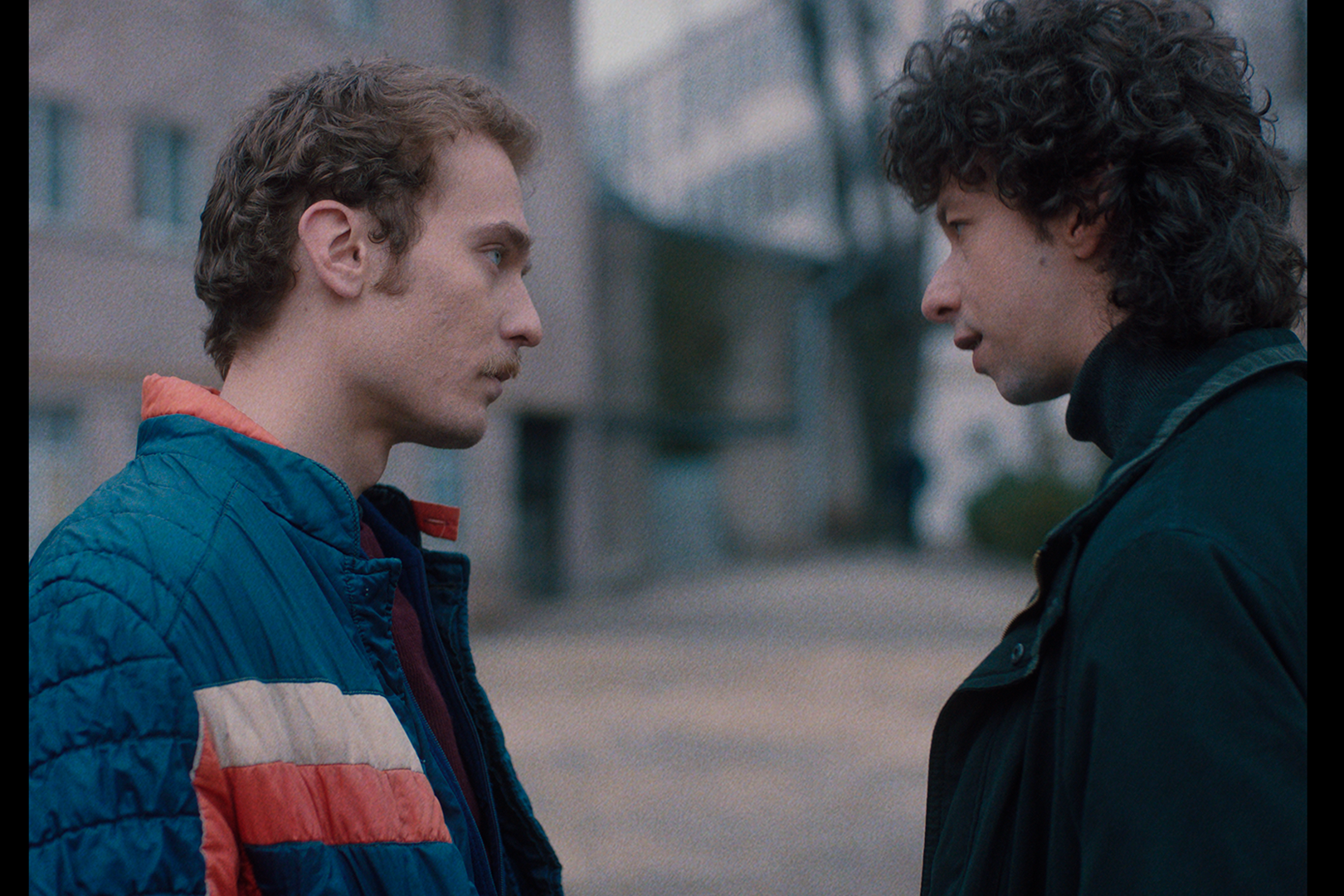
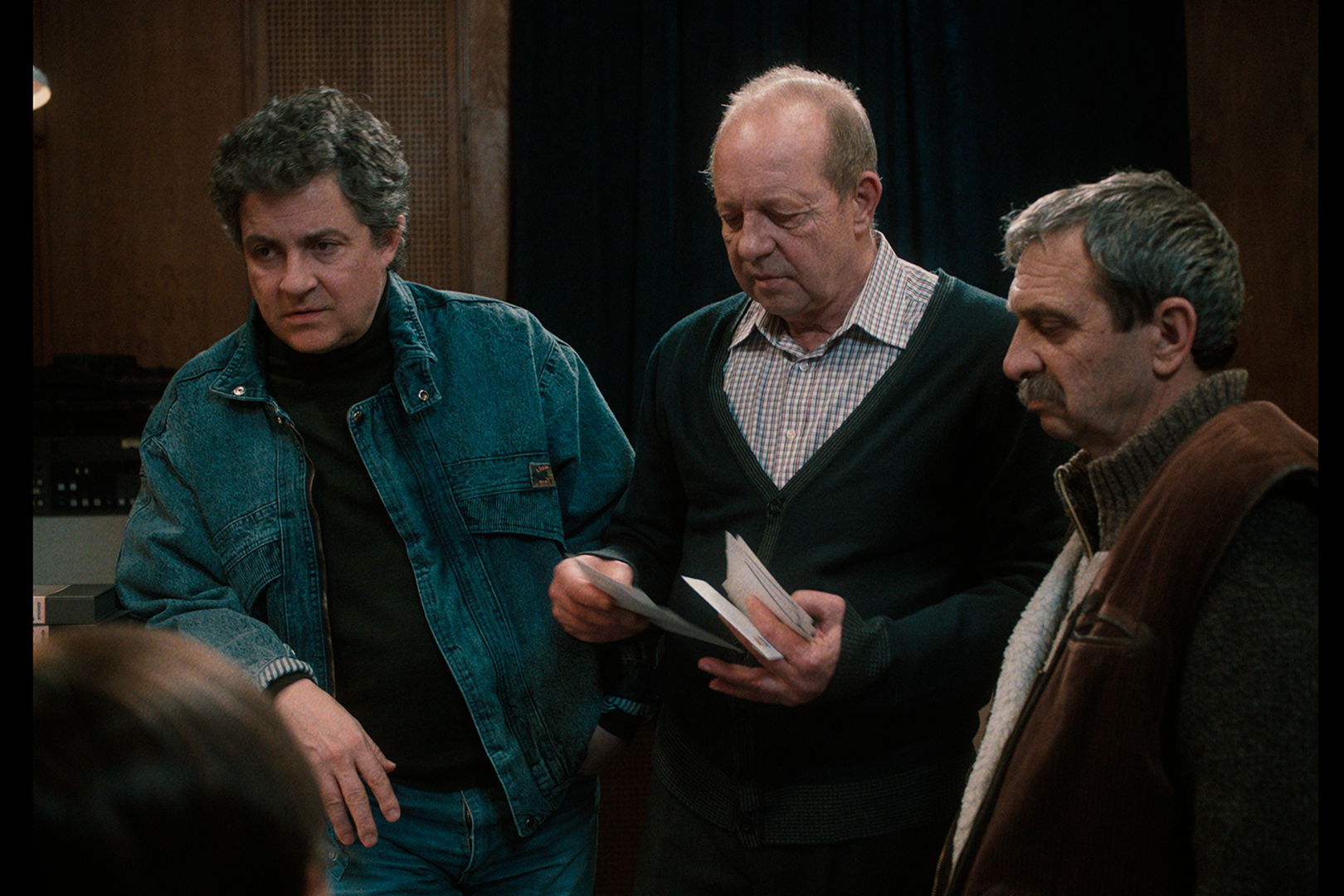
Images courtesy of Kinotopia.
Don't fall prey to the defeatist sentiments subtly implied in the film's title. Unless you think cross-cutting is the greatest cinematic invention since Griffith and Nolan's abuse of the technique (i.e. cross-cutting narratives across different 'timelines'), you will sordidly find this film lacking in the propulsive excitement and urgency of films like Interstellar (2014), Inception (2010) or Intolerance (1916). Love does not transcend time in The New Year That Never Came; nothing ever truly transcends the worldview this film proffers up. The world we live in right now is the worst possible timeline.
Political upheaval comes and goes like the wind in the trees…
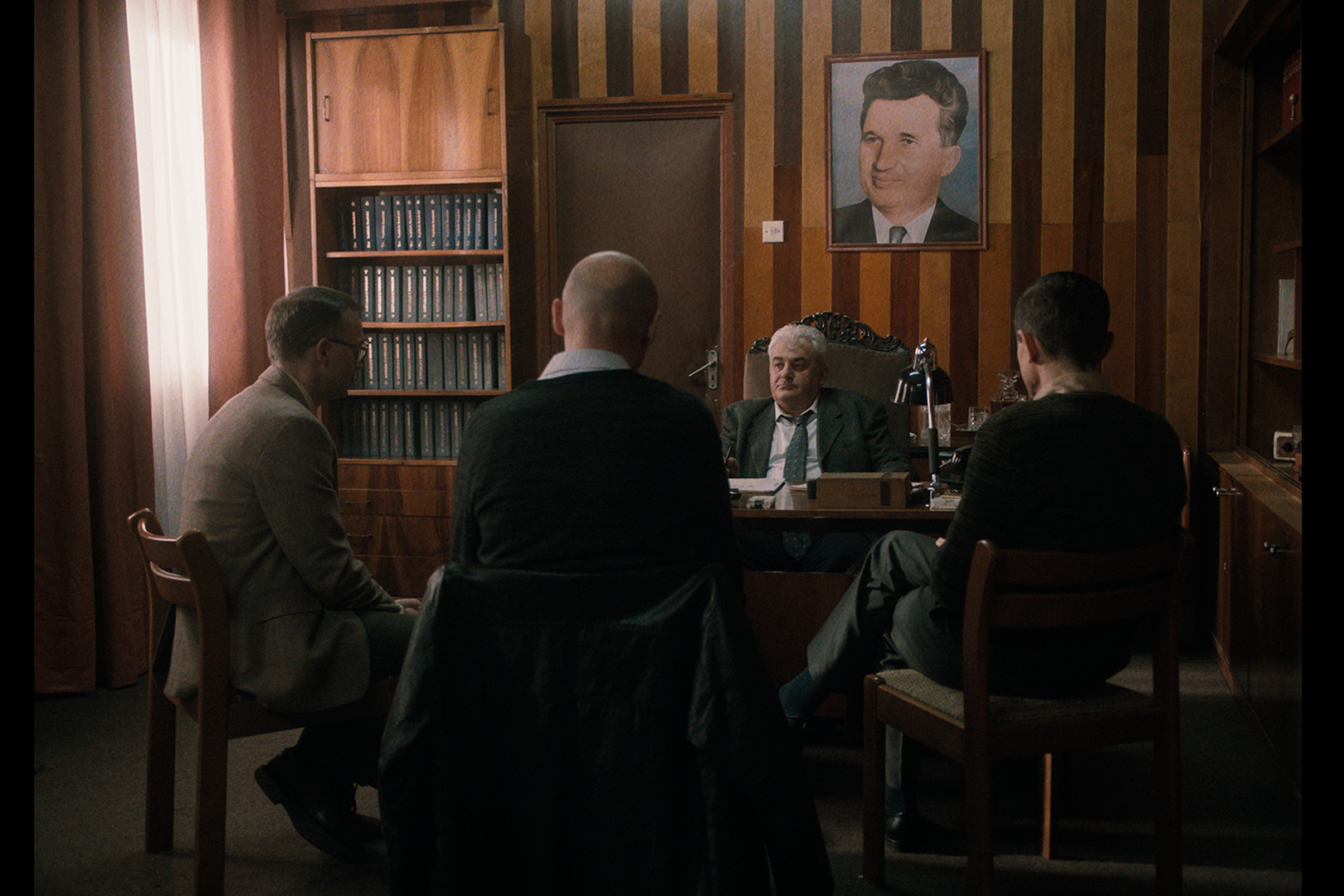
The New Year That Never Came | Trailer | NZIFF25
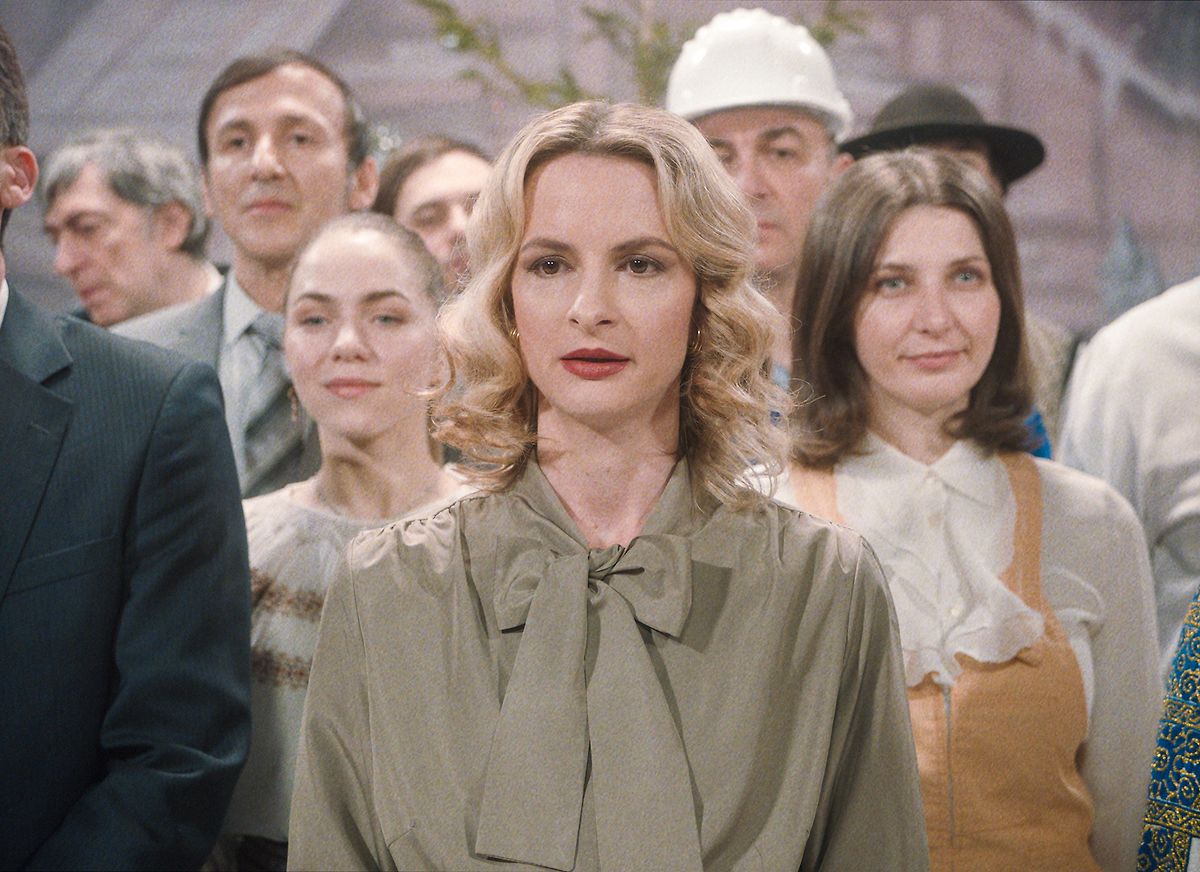
Follow our Letterboxd and Instagram to get live updates and reviews directly from our dedicated student team of film aficionados <3

Disclaimer
The views and opinions expressed in Craccum are those of individual contributors and do not necessarily reflect those of the editorial team or the publication as a whole. While we aim to ensure accuracy and fairness, Craccum cannot guarantee the complete reliability of all information presented and assumes no liability for errors or omissions.







